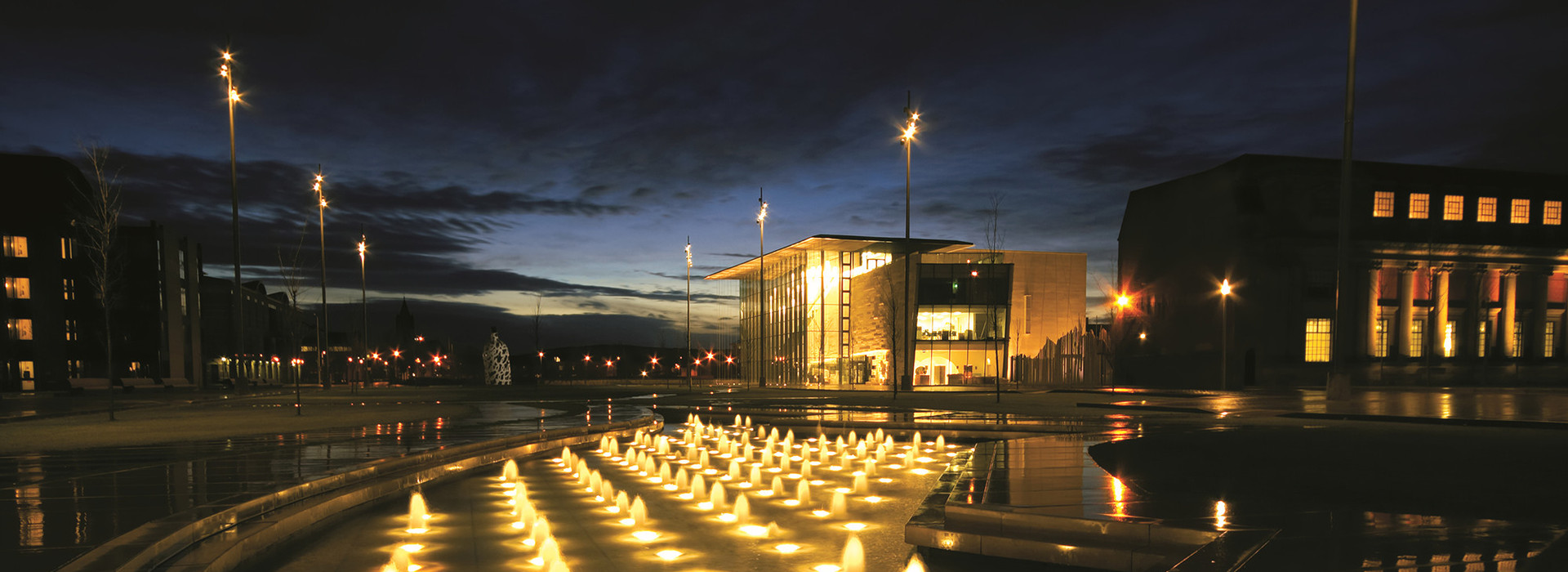Expert says centre square pivotal for trees valley's prosperity
One of the UK’s leading experts on cities says Middlesbrough’s flagship Centre Square development will play a pivotal role in the prosperity of the Tees Valley.

|
One of the UK’s leading experts on cities says Middlesbrough’s flagship Centre Square development will play a pivotal role in the prosperity of the Tees Valley.
Paul Swinney – Director of Policy and Research at the Centre for Cities think tank. Mr Swinney said there was cause for optimism even though for decades the centre of Middlesbrough had attracted fewer exporter businesses - companies which trade nationally and internationally and bring money into an area – than the average UK town and city. This in turn reduced the multiplier effect of trade between these businesses. The area also had a smaller proportion of people with degrees and – until now - an absence of top-quality office space. The multi-million pound 250,000 sq ft scheme was launched five years ago. Two buildings have been completed and are being prepared for their first four occupiers: a new bank, a pension group, a global technology company and a business process management services firm. The developer – Ashall Projects – has been given outline planning permission for three more buildings and it has just submitted a planning application for a sixth which, if approved by Middlesbrough Council, would see the construction of a four-storey 40,000 sq ft Grade A office building. But, he argued, reports of the end of the office were premature. “We believe COVID will be the accelerator for the adoption of new higher quality standards of buildings and rather than talk about the death of the office, our view is that COVID could give birth to the better, more efficient, more attractive building,” he said. |
A COVID vaccination will obviously have a major impact and remote working is not suitable for all office employees. “Younger people don’t work from home. They don’t want to work from home and to a certain extent they can’t work from home,” said Mr Brown. He predicted a hybrid future where the working week would be different, but the office would survive: “My view is that everybody wants to work from home on a Friday, they’ll be in the office the rest of the week so you’ll need the same amount of office space.” Mark Ashall, the director of Ashall Projects, told the participants that the market had changed since his company was involved in the development of the UK’s biggest out-of-town office park – Cobalt in North Tyneside - 20 years ago. “At the time it was all about ease of getting to work and parking. Now it’s the other way around,” he said. “People still want to work in high quality office space, but they have different requirements. They actually want to be in the town centre because they have easy access to a range of amenities and the ability do the things before work, at lunchtime or after work,” said Mr Ashall, “and after COVID that will still be the case.” Richard Wilson, a senior associate with Middlesbrough-based commercial property agents Dodds Brown, worked with the North East Chamber of Commerce to organise the event. He said the office will survive but - for Middlesbrough – the first two Centre Square buildings were just the start. “If you compare us with somewhere like Leeds you realise how much further we need to go. We need to get more Grade A offices into the town centre. The job isn’t done because we’ve got two new buildings. To redress the balance we urgently need the next phase and the phase after that.” Mr Wilson also commented on plans to dramatically increase the amount of housing available in Middlesbrough town centre. “Residential development is never going to happen to the scale we need it to happen unless we get the jobs first,” said. “City centre living in Manchester, for example, took off because there are lots of exporter businesses based there.” A recording of The Future Role of Offices across the Tees Valley is available at
|

